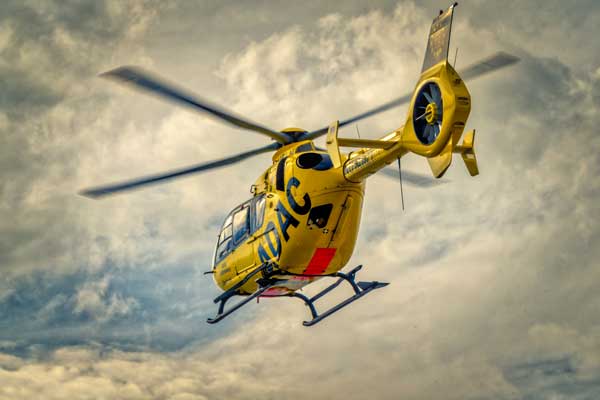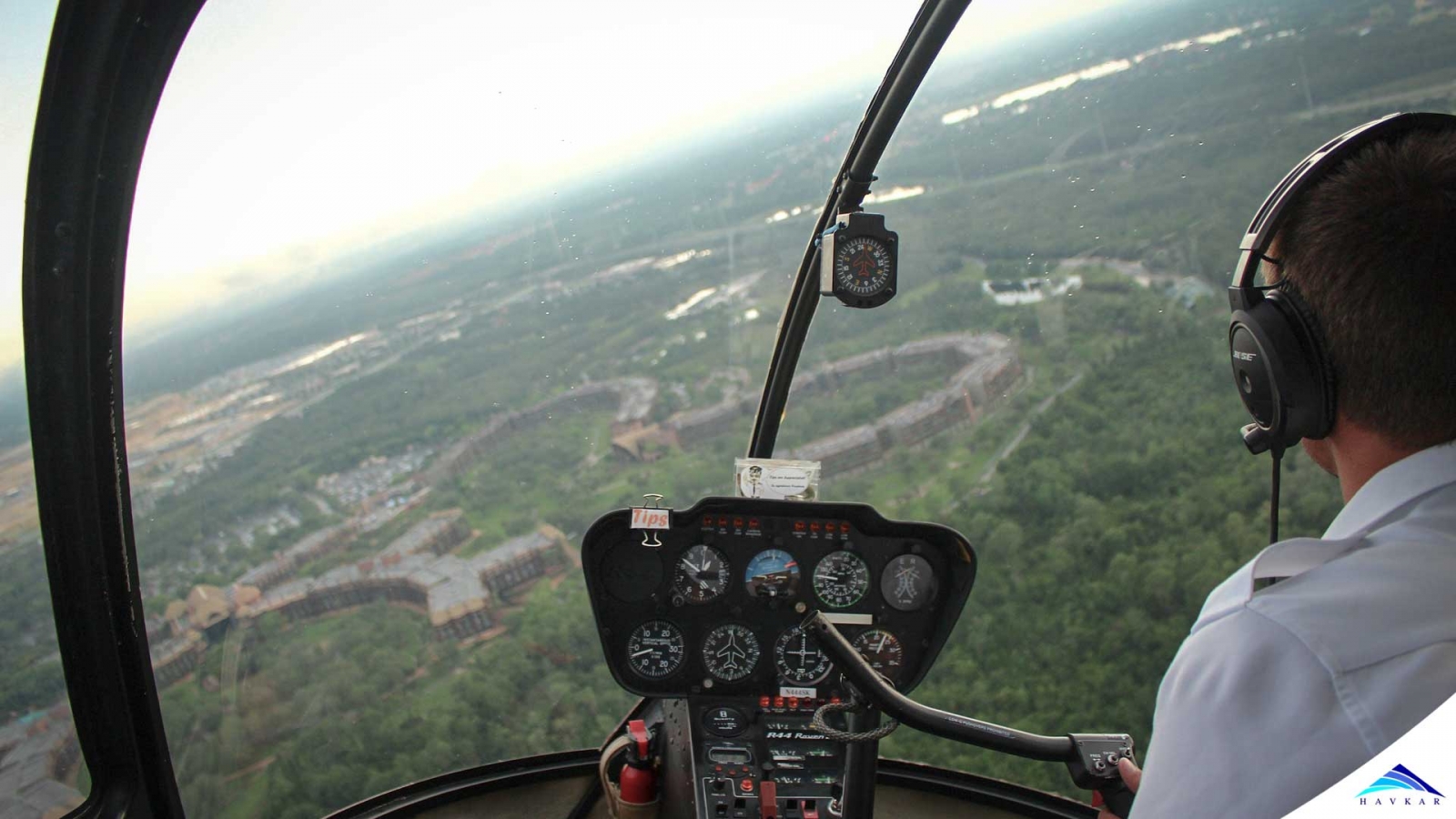
Whether you’re someone who has always dreamed of a life in the sky, or someone who might feel trapped in an office cubicle; the life of a helicopter pilot is certainly alluring.
The idea of being able to lift vertically and explore the world from above, without the need for a runway, definitely has a unique appeal. It’s easy to imagine a carefree life discovering hidden landing spots and exploring uncharted territory, all whilst being paid to do what you love.
For many pilots, through a combination of hard work, dedication and a little of being in the right place at the right time, this fantasy is indeed their reality. For many other pilots, this fantasy is far from their experience. Becoming a successful helicopter pilot is not an easy feat, and for many, their dreams are unfortunately never realized.

The decision to become a helicopter pilot is not an easy one, and definitely not one that should be taken lightly. In order to be successful as a helicopter pilot, there are a few factors you must consider to decide if this is indeed the right career path for you.
Flight school is by no means a cheap endeavour for the student. By the time you have finished your flight school, you can expect to have spent anywhere from $50,000 to $75,000, depending on the ratings you received and aircraft you have trained on.
This calculation does not take into consideration the extra expenses incurred while attending flight school, including accommodation and other basics.
When paying for flight school, you need to consider that you will be responsible for the payment of the aircraft during your flight hours, including fuel, maintenance, taxes and the instructor. Keep in mind there will be a fee for ground school tuition, as well as textbooks, navigation maps and a charge to use the simulator.
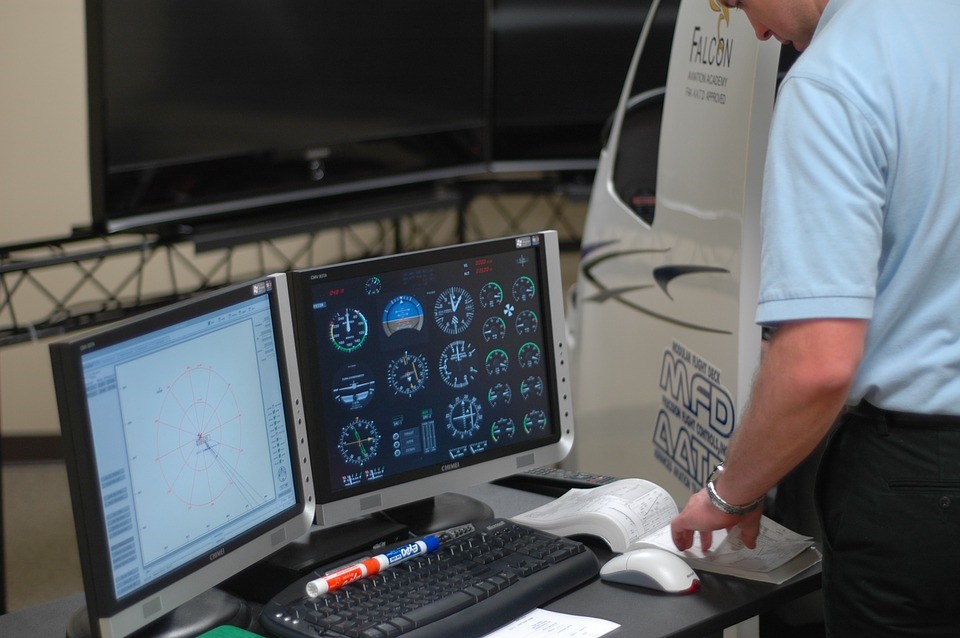
Before you decide to invest such a large amount of money and attempt a career as a helicopter pilot, you must seriously consider the job prospects and the availability of the specific type of work you wish to be involved in. If you go into any flight school, they will tell you that there is a shortage of pilots and that with the right determination you should have no problem getting a job.
On the other hand, if you go into any helicopter company looking for a job, they will tell you that there is no work for you and that there is currently a surplus of pilots. So, which is it?
Are helicopter pilots in demand or not?
The answer is both. The flight schools are not lying to you, there is currently a global shortage of helicopter pilots, but what they fail to mention is that there is a global shortage of skilled helicopter pilots. There is not a shortage of 100-hour pilots, which is usually what hour certification you will graduate with.
It is not necessarily that the helicopter companies do not want to hire low-time time pilots; it is often that insurance cost and requirements actually do not allow them to employ anyone without the adequate experience.
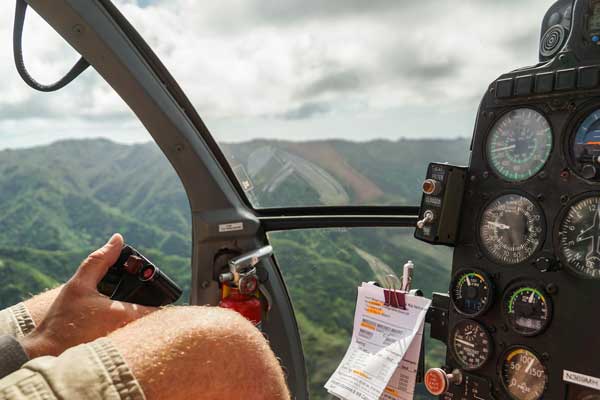
When helicopter companies do hire low-time pilots, it is usually in a position as a Ground Crew member, where you are responsible for day-to-day tasks including fuelling the aircraft, general maintenance of the facility, cleaning the aircrafts and assisting the pilots in whatever capacity they may require.
Other low-time helicopter positions can include flight dispatch, guest services and basically any other job you can find that gives you a foot in the door. Being hired as a ground crew does not guarantee you any flight time and may not even translate from one company to another; however, it is your best chance at a flying seat.
As an alternative to a ground crew position, many low-time pilots opt to continue their education straight from their commercial license and become a flight instructor. This avenue is increasingly common in the United States, Australia and New Zealand, and the majority of students build hours by instructing new students upon graduation.
If you are seriously considering a piloting job in the industry, you must be mentally (and financially) prepared to spend at least a few years gaining experience and working your way off the ground.
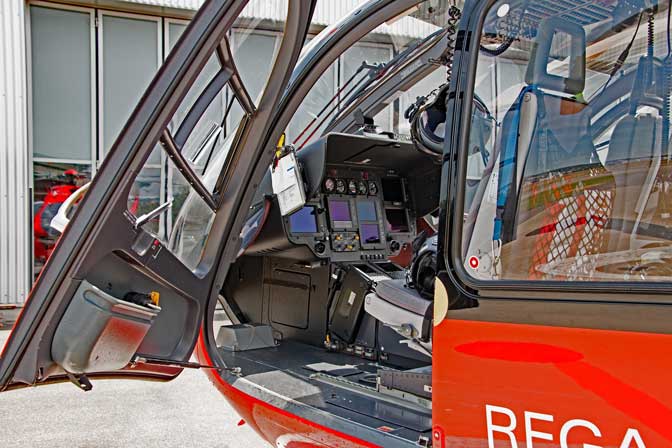
In terms of a time frame, the actual flight school portion of your career is very small when you look at the big picture. Depending on the country in which you pursue your training, you can obtain your commercial helicopter license in as little as 100 flight hours (150 hours in the United States).
Many schools across North America will offer a highly condensed and comprehensive flight program, where you can complete your flight training in approximately 5-8 months. The factor of time consumption comes into play after you have finished flight school and are looking for your first job.
In only extraordinary circumstances do low-time pilots start their careers in a flying position straight out of flight school, and usually only when they have a previous aviation connection, which means it can often take a few years to even get your career started.
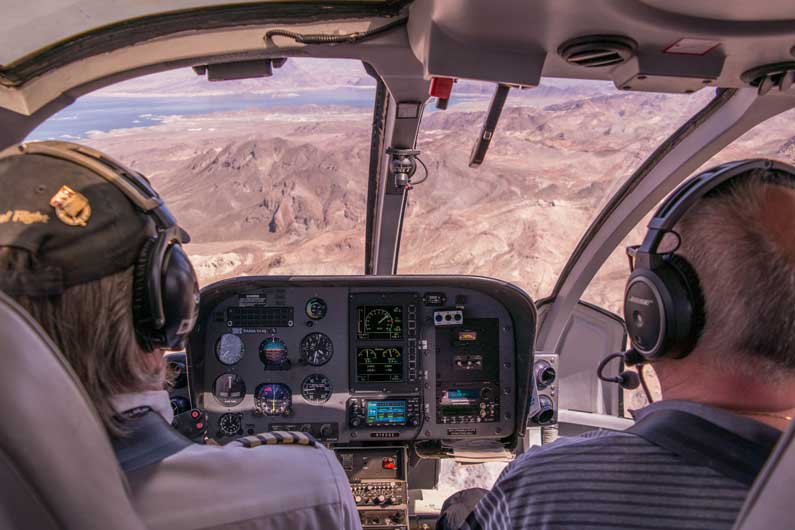
If the scarcity of flying jobs in the industry has not deterred you, it is important to also have a realistic understanding of the wages being offered. Especially as a low-time pilot, the pay is next to nothing and the expectation is that you will work hard and for very little in the hopes that you will be rewarded with a flying position in the future.
Even as a flight instructor, or as a low time tour pilot, the wage is increasingly low relative to the risk, amount of debt incurred and the fact that it is a highly specialized skill set.
You must always too be cognizant of the fact that your career as a pilot can and will be dictated by your health. It is not only extremely important for the safety of everyone onboard the helicopter, it is also the law that pilots be medically fit when operating the aircraft, and they must regularly pass a medical test by a registered aviation doctor.
This may not seem as big of an issue when you are young and fit, however, all it takes is one small accident or a slight change in your health for your career to come to a crashing halt.
Ultimately the journey to becoming a successful helicopter pilot is a challenging endeavour, but if you ask most helicopter pilots, they will say that there is nothing else they would rather be doing.
A positive attitude, a sense of resilience and a hard work ethic are what you will need to make it in the industry.
It’s true what they say that if you love what you do, you will never work a day in your life!
You just need to ensure that being around helicopters and up in the sky is what you love to do.
